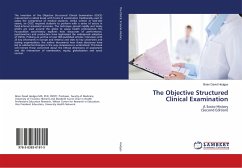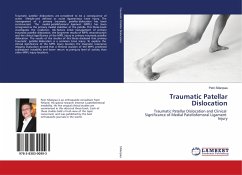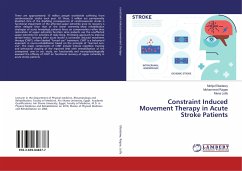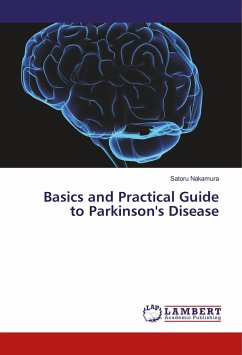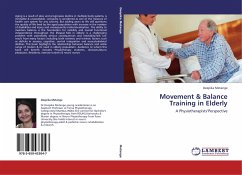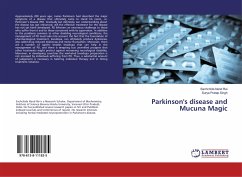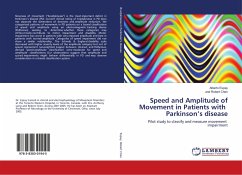
Speed and Amplitude of Movement in Patients with Parkinson's disease
Pilot study to classify and measure movement impairment
Versandkostenfrei!
Versandfertig in 6-10 Tagen
39,99 €
inkl. MwSt.

PAYBACK Punkte
20 °P sammeln!
Slowness of movement ("bradykinesia") is the most important deficit in Parkinson's disease (PD). Current clinical rating of bradykinesia in PD does not separate the dimensions of slowness and amplitude reduction. We categorized patterns of movement in PD patients on a biaxial classification of speed and amplitude using an electromagnetic tracking device (Polhemus) seeking to determine whether these categories may differentially contribute to motor impairment and disability. Motor impairment was worst in patients with very impaired amplitude and best in patients with normal amplitude. Categorie...
Slowness of movement ("bradykinesia") is the most important deficit in Parkinson's disease (PD). Current clinical rating of bradykinesia in PD does not separate the dimensions of slowness and amplitude reduction. We categorized patterns of movement in PD patients on a biaxial classification of speed and amplitude using an electromagnetic tracking device (Polhemus) seeking to determine whether these categories may differentially contribute to motor impairment and disability. Motor impairment was worst in patients with very impaired amplitude and best in patients with normal amplitude. Categories of speed impairment did not show a similar relationship. The Schwab & England disability scale decreased with higher severity levels of the amplitude category but not of speed. Agreement (unweighted kappa) between clinician and Polhemus-derived speed-amplitude classification were moderate for speed and amplitude classifications. Our observations suggest that amplitude and speed impairmentsmight behave differentially in PD and may deserve consideration in a biaxial classification system.




